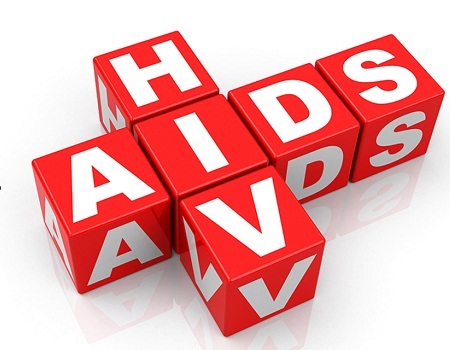• as 21.3 million on treatment
As the world prepares to mark World AIDS Day 2024 on December 1, the World Health Organization’s (WHO) Regional Director for Africa, Dr. Matshidiso Moeti, has commended African countries for their significant progress in the fight against HIV/AIDS, with a record 21.3 million people now on antiretroviral treatment.
Despite having the highest HIV burden globally and limited resources, African countries have achieved notable successes in HIV control and response over the past decade. The number of new HIV infections and AIDS-related deaths has decreased remarkably, with the number of new HIV infections now higher outside of sub-Saharan Africa for the first time in 2023.

The WHO African region is leading the way globally in achieving the 95-95-95 UNAIDS HIV testing, treatment, and viral suppression targets. Seven countries have already met these targets, with the overall rating for the region currently standing at 90-82-76.
Botswana and Namibia have been recognized for their efforts in reducing mother-to-child HIV transmission rates, achieving the required indicators for the “Path to elimination of HIV” criteria.
While progress has been made, Dr. Moeti emphasized that protecting human rights is crucial in achieving universal HIV care. “We have a collective obligation to protect human rights, specifically ensuring that healthcare is available to everyone, without any discrimination, regardless of their HIV status, background, gender, or where they live,” she said.

The WHO Regional Director also highlighted the importance of communities in the fight against HIV/AIDS. “Communities are key partners in co-creating strategies and jointly implementing interventions to address human rights-related barriers to care,” she noted.
ALSO READ: 30,350 adults, children receiving HIV/AIDS treatment in Ogun — Official
As the world marks World AIDS Day 2024, Dr. Moeti urged governments, partners, healthcare providers, civil society, and communities to renew their commitment to eliminating HIV. “By protecting everyone’s right to health and reducing new HIV infections, we can achieve an AIDS-free generation and ensure the sustainability of the HIV response,” she said.
The theme of this year’s World AIDS Day, “Take the right path: My health, my right!”, serves as a reminder of the need to address the social determinants of health, such as poverty, gender inequality, and violence, which are critical to ending the HIV epidemic.
Dr. Moeti also emphasized the need for increased investment in the HIV response, particularly in the areas of prevention, testing, and treatment. “We must ensure that our efforts are sustained and that we continue to innovate and adapt to the changing landscape of the epidemic,” she said.
In addition, Dr. Moeti highlighted the importance of addressing the needs of vulnerable populations, including children, adolescents, and young women, who are disproportionately affected by the epidemic.
As the world continues to grapple with the challenges of HIV/AIDS, Dr. Moeti’s message is one of hope and optimism. “Together, we can achieve an AIDS-free generation and ensure that everyone has access to the healthcare they need to live healthy and productive lives,” she said.
READ MORE FROM: NIGERIAN TRIBUNE







